This is one of the important contents to implement Resolution No. 27 of the 7th Central Conference, Session XII, on reforming wage policy.
Accordingly, the Politburo assigned the Central Economic Committee (now the Central Policy and Strategy Committee) to coordinate with the Party Committee of the Ministry of Home Affairs and relevant agencies to conduct a preliminary review of the implementation of Resolution 27. The goal is to assess the suitability, feasibility and propose a mechanism for implementing 5 new salary scales and 9 types of allowances in the political system, linked to specific job positions.
5 new salary tables by job position:
- Position salary table: Applicable to cadres, civil servants, and public employees holding leadership positions by election or appointment from the Central to the commune level.
- Professional and technical salary scale: Generally applied to civil servants and public employees not holding leadership positions, based on civil servant ranks and professional titles.
- Salary table for military and police officers: Applied according to position, title and military rank/rank.
- Salary table of professional military personnel, technical police specialists.
- Salary table for defense workers and police workers: Ensuring salary correlation between armed forces and administrative civil servants.
This is a completely new payroll system, replacing the current coefficient-based payroll. The conversion will ensure that the new salary is not lower than the current salary of the employee.
Illustration: VNN
9 new allowance modes:
In addition to the five salary scales, the new salary policy will also include nine types of allowances:
- Concurrent allowance.
- Seniority allowance beyond the framework.
- Regional allowance.
- Job responsibility allowance.
- Mobility allowance.
- Preferential allowances according to profession.
- Allowance for working in areas with especially difficult socio -economic conditions.
- Allowances according to administrative unit classification and public service unit classification.
- Special allowance for armed forces.
According to the Ministry of Home Affairs, the development and implementation of the new salary system will be based on the job position system established throughout the entire political system. The specific roadmap will be completed for submission to the Politburo and the Central Committee for consideration after 2026.
Regarding the policy of increasing the basic salary in 2025, the Ministry of Home Affairs said that this is the last year in the 5-year socio-economic development plan for 2021-2025. However, in the context of many fluctuations in the domestic and international economy, the state budget revenue is forecast to face difficulties. Therefore, in 2025, there is no basis to adjust the basic salary or expand new policies for cadres, civil servants and public employees.
Information from the Ministry of Home Affairs shows that salary reform is still being promoted according to a methodical roadmap, aiming to build a salary system based on job positions, which is public, transparent and linked to quality and labor productivity. This is an important step to streamline the apparatus and improve the efficiency of public sector operations in the coming period.
Source: https://baobinhphuoc.com.vn/news/53/173071/se-trinh-trung-uong-5-bang-luong-9-phu-cap-moi-theo-vi-tri-viec-lam


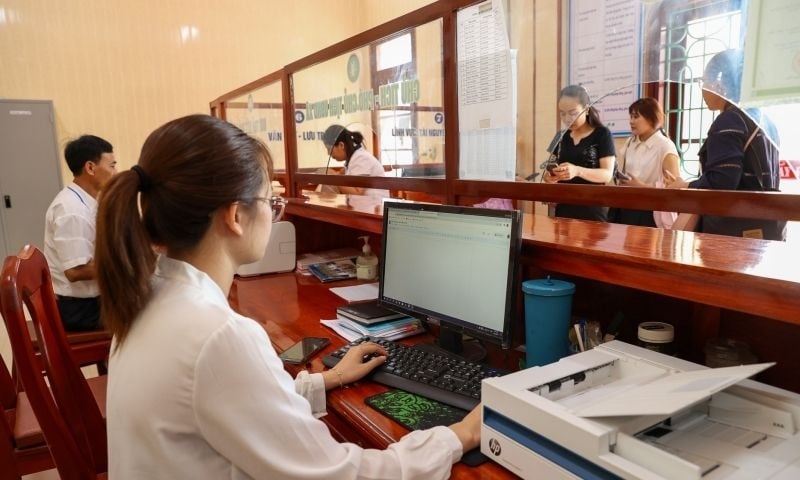
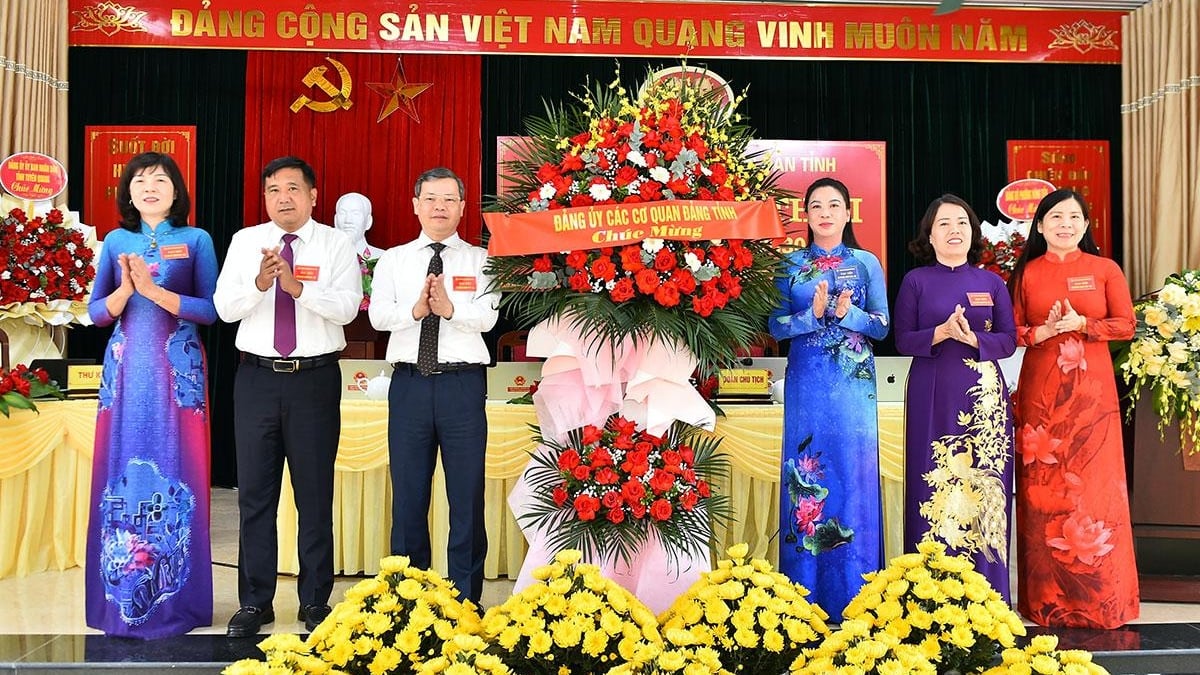



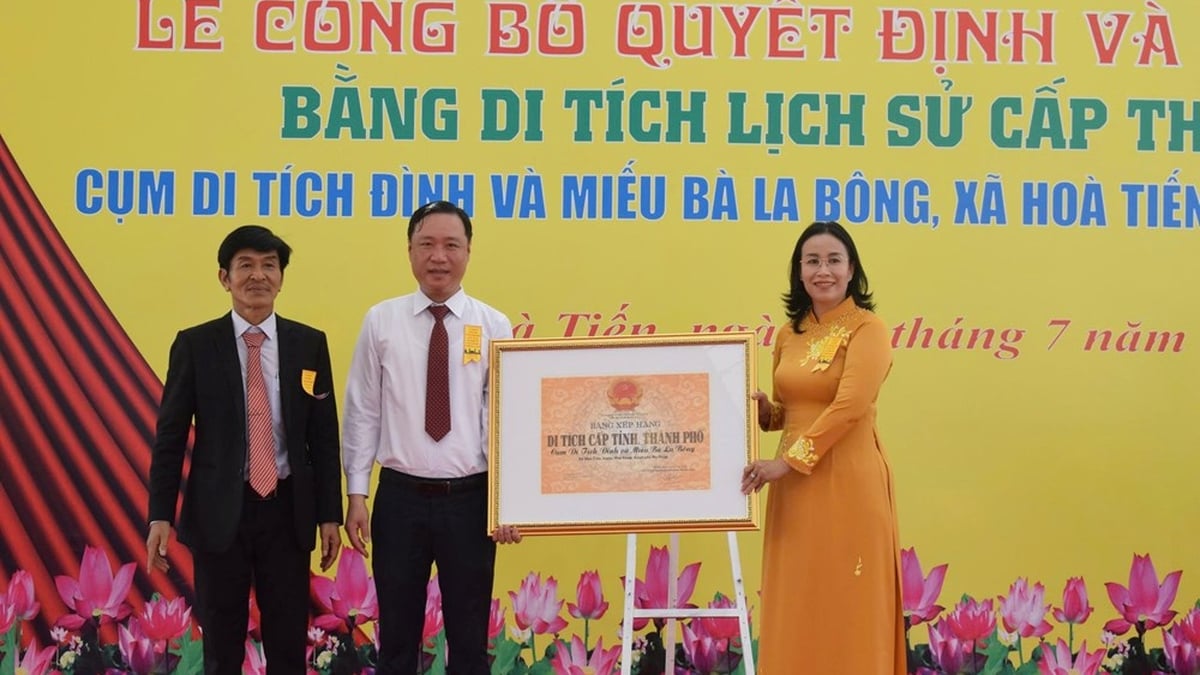



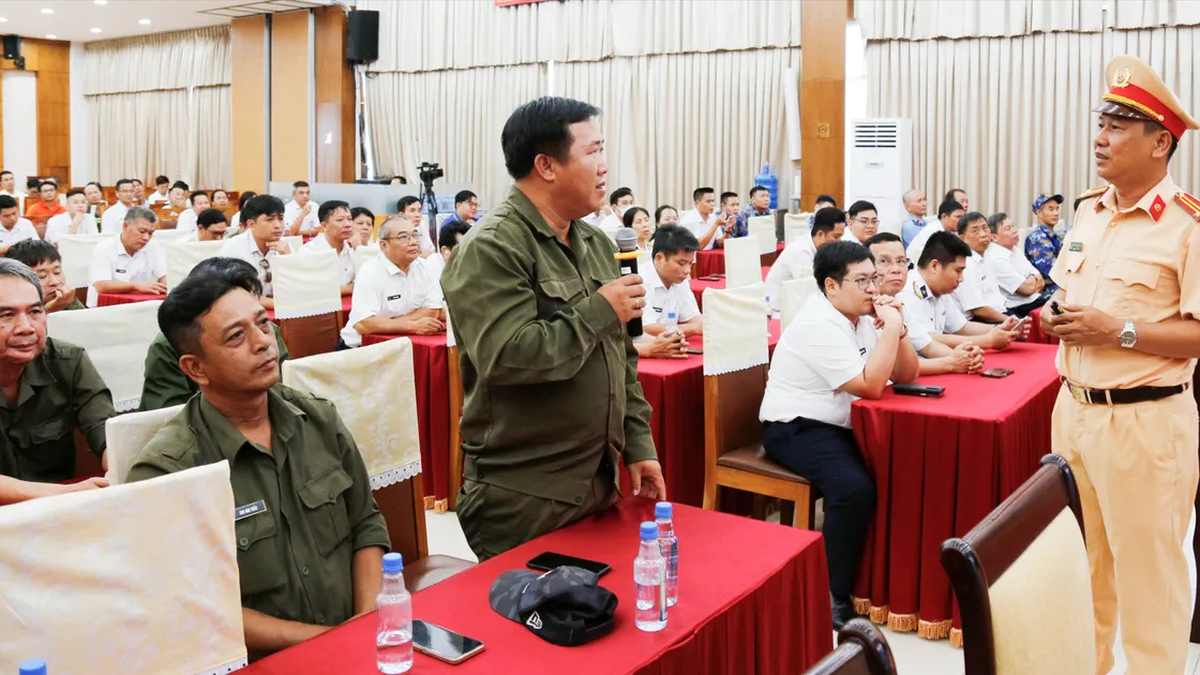























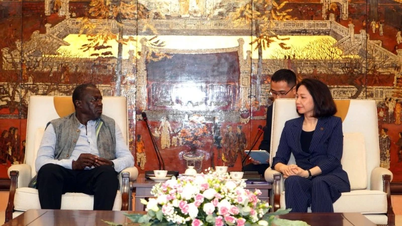









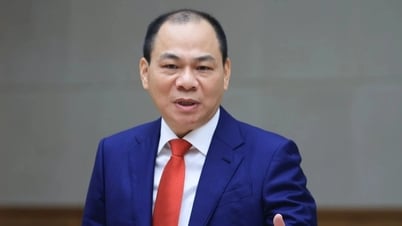












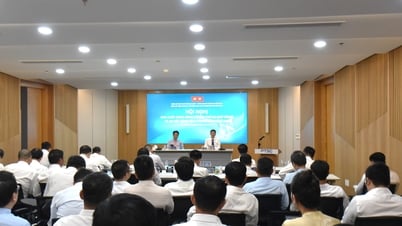


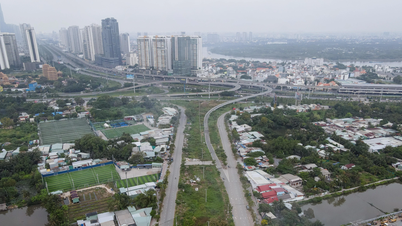









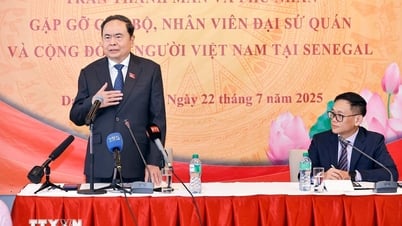
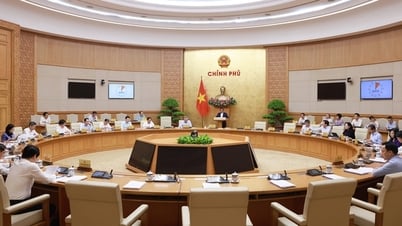



























Comment (0)